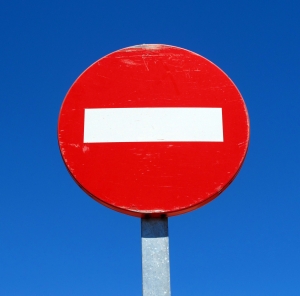

PATENTS on software are gradually being invalidated, not just failing to be granted in the first place. The Supreme Court (also known as SCOTUS) decided that if a patent on an abstract concept has insufficient merit, then it shouldn't be upheld and should instead be discarded. This discouraged some litigation, as numbers serve to demonstrate. Patent trolls and giant corporations would rather intimidate using patents (shakedown) than actually sue. SCOTUS has of course endorsed patent trolling since then and it very much knew what it was doing:
Not only did Scalia acknowledge such a beast as a patent troll, but threw in my second-most favorite Latin phrase of all time, in terrorem which means “into or about fear”.
"Software is reducible to mathematics, so software must never be patentable if we are to advance science rather than guard or create monopolies."The author proceeds to stating: "This mutated strain of cases harks back to a Supreme Court case decided in 1948 that had nothing to do with computer software: Funk Brothers v. Kalo. A fundamental tenet of patent law has long been that laws of nature (e.g., E=MC2) cannot be patented. Funk Brothers pushed that much further, saying that a newly discovered law of nature cannot even be the basis for patenting a practical application of that law to solve a real-world problem. Thirty years later, the Supreme Court applied this reasoning to a software-related patent in Parker v. Flook."
Software is reducible to mathematics, so software must never be patentable if we are to advance science rather than guard or create monopolies. Here is a company in DC bragging about acquiring patent monopolies on software, boasting some more in a press release [1, 2]. This is in no way advancing science; in this particular case it can even harm health.
A patent lawyers' blog, which often gives the platform to Microsoft and pro-software patents voices (never the opposite), is giving the platform to a Judge who is defending patent trolls. Among his words of 'wisdom': "The less enforceable the patent is in various ways, the lower the value of the patent for the whole portfolio."
In other words, this judge advocates more lawsuits (business for him) or shakedowns. Recall what patents were conceived for in the first place. It was about publication in exchange for a temporary monopoly, not a parade of litigation. A lot of patent lawyers, whose business is litigation and armament (in the legal sense), seem to conveniently forget or ignore that. Thankfully, as the SCOTUS tries to revert back to some level of sanity, the future of software patents does not look promising. ⬆